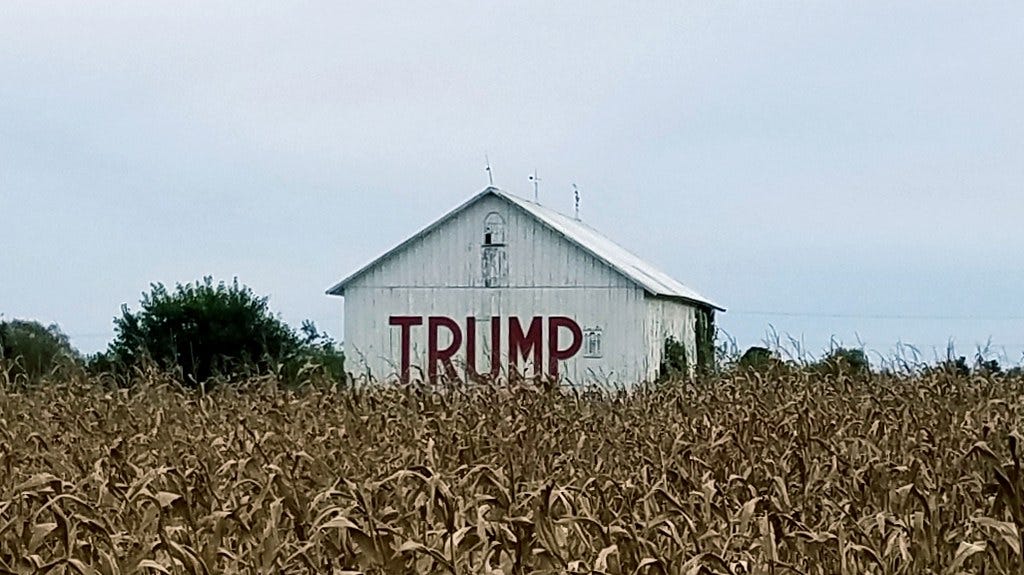Don’t Rock the Vote

🌈 Abstract
The article discusses the shifting political landscape in the United States, where high voter turnout is now seen to benefit the Republican party rather than the Democratic party. It examines polling data, demographic trends, and election results that suggest Democrats perform better in low-turnout environments, contrary to the conventional wisdom that increasing voter turnout helps Democrats.
🙋 Q&A
[01] Voter Turnout and Party Advantage
1. What does the article say about the relationship between voter turnout and party advantage?
- The article argues that high voter turnout now generally benefits Republicans, while low turnout tends to help Democrats. This is a reversal of the conventional wisdom that increasing turnout helps Democrats.
- The article cites polling data, demographic trends, and election results that show Democrats perform better when turnout is lower, while Republicans benefit from higher turnout.
- For example, the article points to the 2020 Georgia Senate runoff election, where Democrat Jon Ossoff performed better in the lower-turnout runoff compared to the higher-turnout general election.
2. What factors are contributing to this shift in the relationship between turnout and party advantage?
- The article suggests that the rise of Donald Trump has realigned voting blocs, attracting more irregular and disengaged voters to the Republican party while driving college-educated suburban voters towards the Democrats.
- It also notes that as overall voter turnout has increased in recent years, the profile of the "marginal voter" has changed, with non-voters tending to be more disaffected and less interested in the political process.
3. How does the article suggest Democrats should respond to this new reality?
- The article advises Democrats to "calm down" and not feel the need to fight tooth and nail against measures like voter ID laws, which may actually benefit them by reducing turnout.
- It suggests Democratic officials, activists, and tech workers should reconsider their focus on maximizing voter turnout, as this may no longer be the best strategy for the party.
[02] Republican Efforts to Restrict Voting
1. How does the article explain the Republican push for voting restrictions like voter ID laws?
- The article suggests that Republican efforts to implement voting restrictions like voter ID laws are based on an outdated narrative from the Trump era, where these measures were framed as necessary to prevent "voter fraud" and "steal elections."
- However, the article argues that in the current political landscape, these voting restrictions are more likely to benefit Republicans by reducing turnout, which now tends to help the GOP.
2. What does the article say about the potential impact of Republican voting restrictions on election outcomes?
- The article contends that contrary to the fears of many Democrats, Republican efforts to restrict voting access are unlikely to entrench permanent Republican power, as the marginal voters most affected by these measures are now more likely to be Republicans.
- The article suggests that Democrats should not feel the need to fight these measures as aggressively, as they may actually help the Democratic party by reducing turnout.